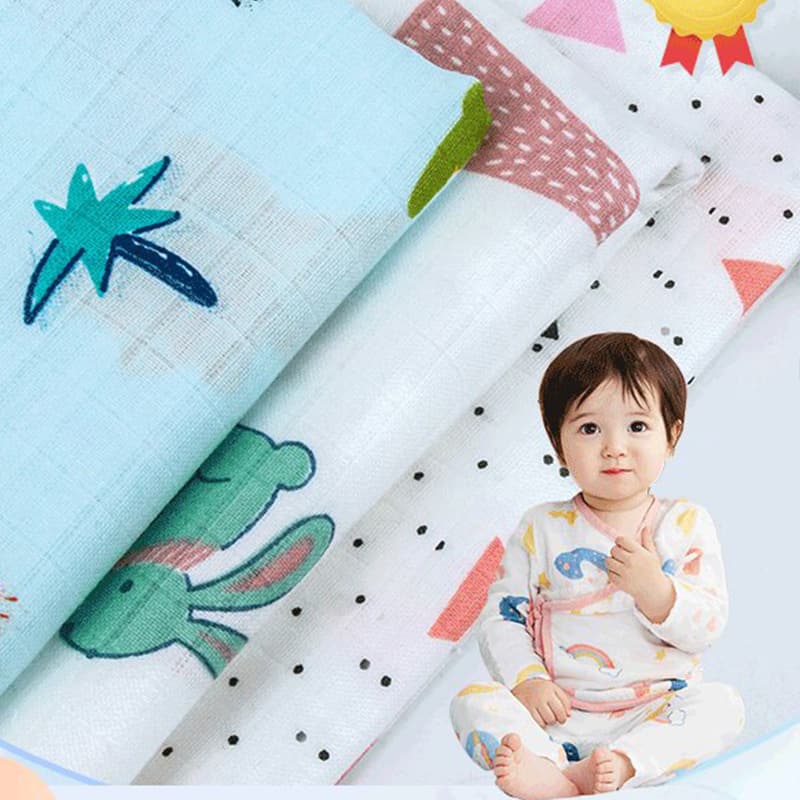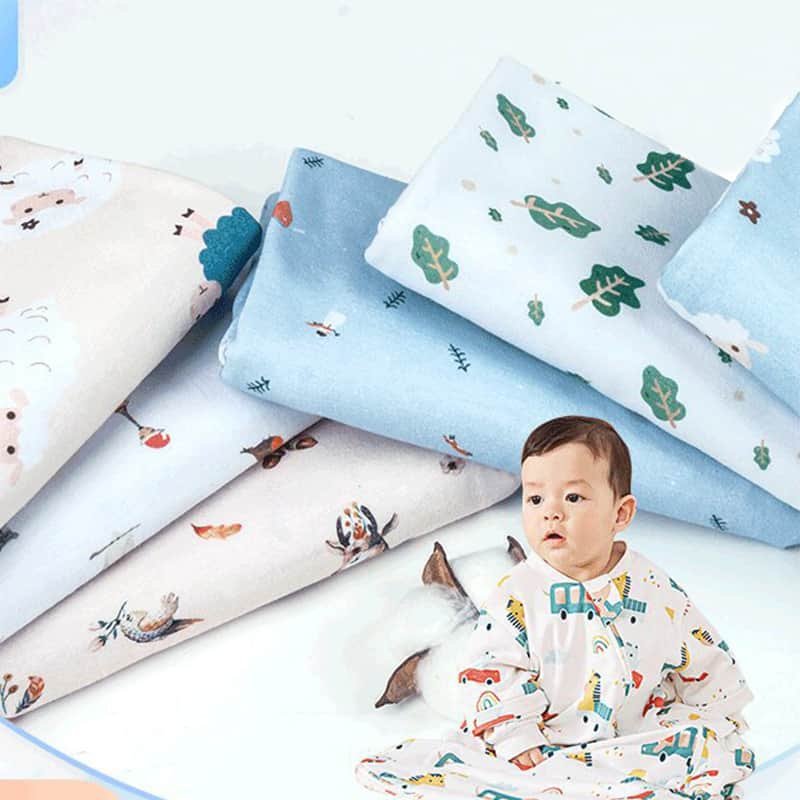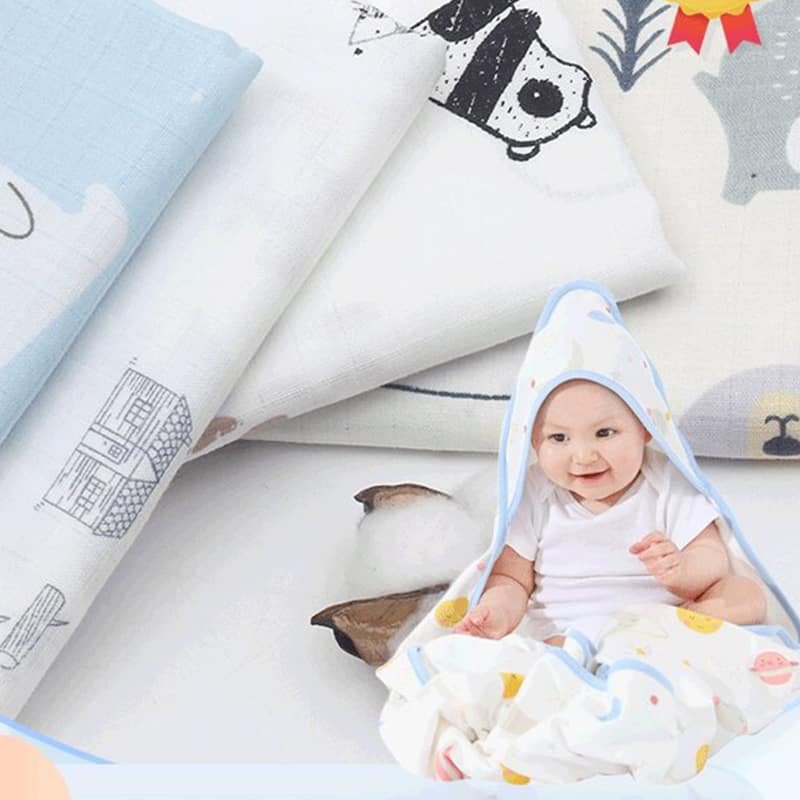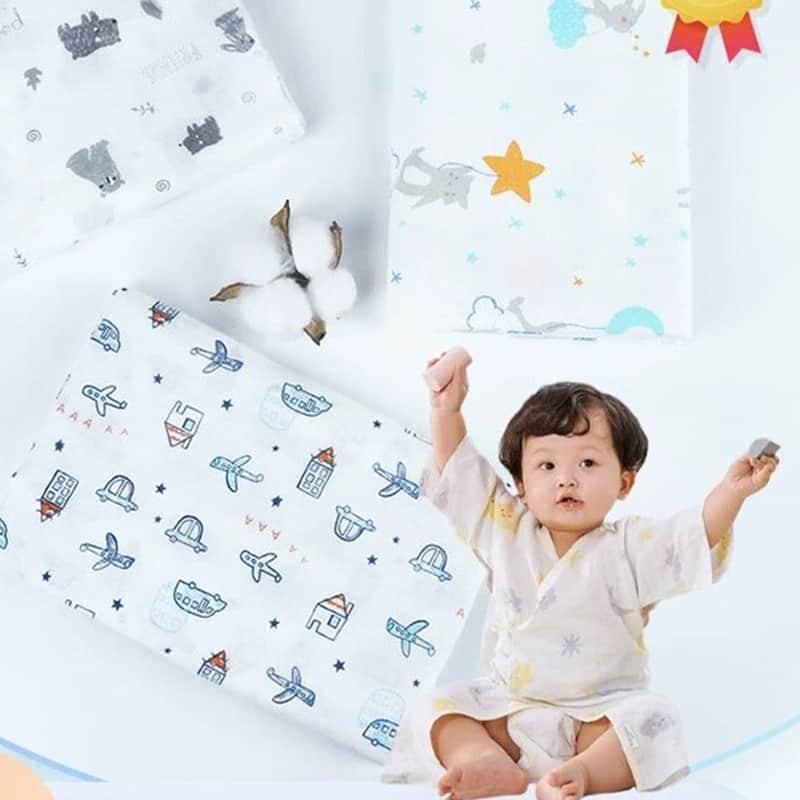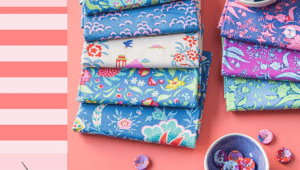소개
Definition of Organic Cotton
Organic cotton is a type of cotton that is grown without the use of harmful pesticides, fertilizers, or genetically modified organisms (GMOs). Instead, organic cotton farmers use natural methods, such as crop rotation and composting, to maintain healthy soil and manage pests. The organic certification process ensures that cotton is grown according to strict environmental and social standards, making it a more sustainable choice than conventional cotton.
Importance of Organic Cotton in Sustainable Fashion
Organic cotton plays a crucial role in sustainable fashion because it addresses many of the environmental and social issues associated with conventional cotton production. The use of organic cotton supports sustainable farming practices, reduces the use of harmful chemicals, and promotes fair trade practices. Moreover, organic cotton is a healthier option for farmers and consumers, as it is free from harmful chemicals that can have negative health effects.
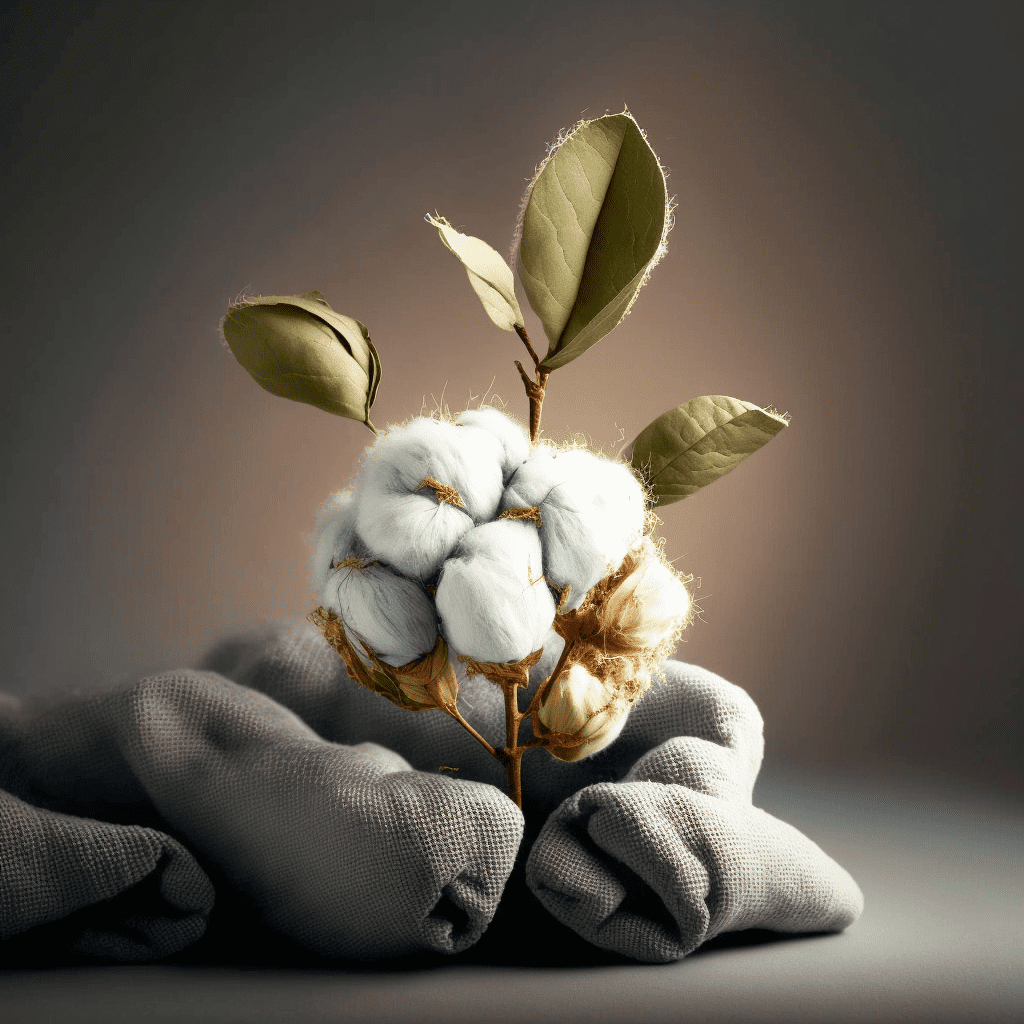
Benefits of Organic Cotton
Chemical-Free Production: Organic cotton is grown without the use of harmful pesticides and fertilizers, which reduces the environmental impact of cotton production and improves soil health. This method of production also promotes biodiversity, as it allows other organisms to thrive in the ecosystem.
Health Benefits for Farmers and Consumers: The use of organic cotton promotes the health and safety of farmers and consumers by reducing their exposure to harmful chemicals. The use of pesticides and fertilizers in conventional cotton farming has been linked to health issues such as cancer, birth defects, and respiratory problems.
Environmental Benefits: Organic cotton farming has a lower impact on the environment than conventional cotton farming. It reduces water usage and the emission of greenhouse gases, and promotes biodiversity and soil health.
Fair Trade Practices: Organic cotton production often involves fair trade practices, which ensure that farmers are paid a fair wage and have access to safe working conditions.
Non-Toxic: Organic cotton is free from harmful chemicals, making it a safer option for both farmers and consumers.
Eco-Friendly: The use of organic cotton promotes sustainable farming practices, which help to preserve the environment for future generations.

Comparison with Conventional Cotton
Differences in Production Methods: Conventional cotton farming relies heavily on the use of harmful pesticides and fertilizers, which can have negative environmental and health effects. Organic cotton farming, on the other hand, uses natural methods to maintain healthy soil and manage pests.
Environmental and Social Impacts: Conventional cotton farming has a significant impact on the environment, including the depletion of soil nutrients, water pollution, and greenhouse gas emissions. Moreover, conventional cotton farming often involves unfair labor practices and low wages for farmers. Organic cotton farming, on the other hand, promotes sustainable farming practices and fair trade practices, making it a more socially and environmentally responsible choice.
Quality and Durability Comparison: Organic cotton is often of higher quality and more durable than conventional cotton because it is grown using natural methods that promote healthy soil and plant growth.
Pesticide-Free: Organic cotton is grown without the use of harmful pesticides, which reduces the environmental impact of cotton production and promotes the health and safety of farmers and consumers.
Sustainable: Organic cotton production promotes sustainable farming practices, which help to preserve the environment and protect the health and safety of farmers and consumers.
Organic Cotton Production: Organic Farming Practices: Organic cotton farmers use natural methods to maintain healthy soil, such as crop rotation, composting, and using natural predators to manage pests. These methods promote biodiversity and reduce the environmental impact of cotton farming.
Non-GMO Varieties: Organic cotton is grown from non-GMO varieties, which means that the cotton plants have not been genetically modified to be resistant to pesticides or to produce higher yields. This is an important factor in promoting sustainable farming practices and maintaining healthy ecosystems.
Organic Certification Process: In order to be certified organic, cotton must be grown according to strict environmental and social standards. The certification process involves regular inspections and audits to ensure that farmers are adhering to these standards.
Challenges of Organic Cotton Production: Organic cotton production can be more challenging than conventional cotton production because it requires more labor and management. Organic farmers must also contend with natural pests and diseases, which can require more attention and resources to manage.

Use of Organic Cotton in Fashion
Clothing Made with Organic Cotton: Many clothing brands are now using organic cotton in their collections, offering consumers a more sustainable and ethical choice. Organic cotton clothing is available in a range of styles and designs, from casual wear to formal attire.
Bedding and Linens Made with Organic Cotton: Organic cotton is also used in the production of bedding and linens, offering consumers a more comfortable and sustainable sleep experience. Organic cotton sheets, pillowcases, and duvet covers are soft and breathable, making them a popular choice for those who value comfort and sustainability.
Baby Products Made with Organic Cotton: Organic cotton is a popular choice for baby products, such as onesies, blankets, and burp cloths. This is because organic cotton is free from harmful chemicals, making it a safer choice for babies and young children.
Other Uses of Organic Cotton: Organic cotton is also used in a range of other products, such as bags, towels, and even furniture upholstery. This is because organic cotton offers a more sustainable and ethical choice for consumers who are looking to reduce their environmental footprint.

결론
Organic cotton is an important component of sustainable fashion, offering consumers a more ethical and environmentally responsible choice. The benefits of using organic cotton include chemical-free production, health benefits for farmers and consumers, environmental benefits, fair trade practices, non-toxic properties, and eco-friendliness. By supporting organic cotton and sustainable fashion, we can help to promote healthy ecosystems, protect the health and safety of farmers and consumers, and create a more sustainable future for all.


